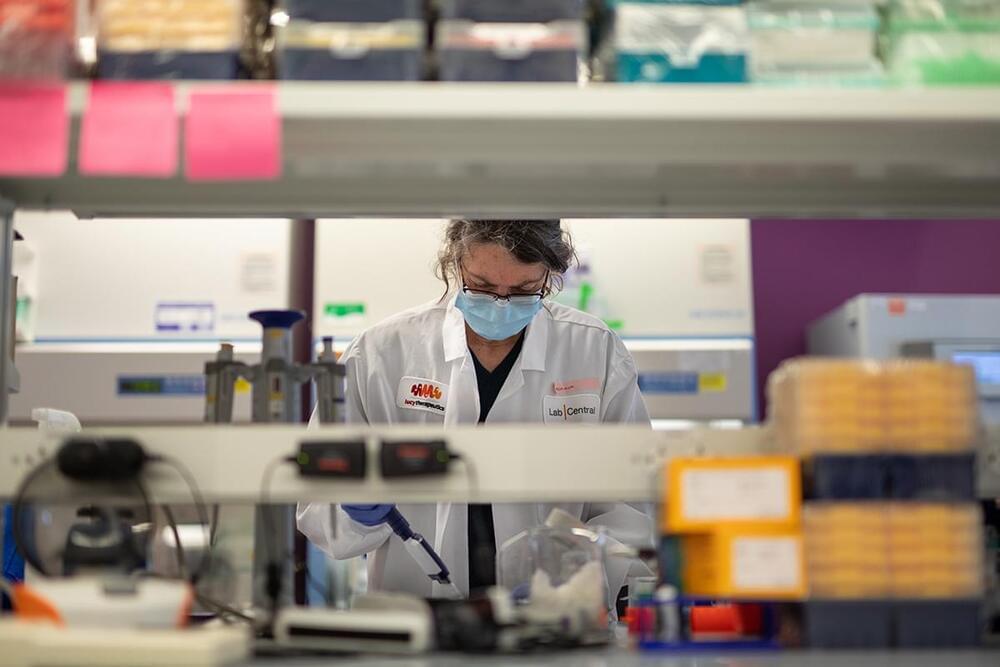Biotech startup Lucy Therapeutics is developing mitochondrial-based small molecule therapies for neurological diseases and recently revealed the first two drugs to emerge from its lead programme targeting Parkinson’s. The company, which takes its name from the 3.2-million-year-old fossil of an ancestor of humankind, presented “promising preclinical data” at the Michael J Fox Foundation’s Parkinson’s Disease Therapeutics Conference in October.
The data shown by Lucy Therapeutics demonstrated that its compounds were able to reverse mitochondrial dysfunctions linked to Parkinson’s. In cellular models of the disease, the drugs boosted levels of cellular energy molecule ATP, prevented the death of neurons, and reduced levels of other hallmarks of Parkinson’s, including a-synuclein.
Longevity. Technology: Mitochondria are widely known as the ‘power generators’ within our cells, and their dysfunction has been linked to a range of age-related diseases. But the role of mitochondria extends beyond cellular energy as they also dictate many of a cell’s key functions. Lucy Therapeutics was founded on the hypothesis that diseases with rate-limiting steps involving mitochondrial dysfunction can potentially be treated by modulating key mitochondrial protein targets. To find out more, we caught up with the company’s founder and CEO, Dr Amy Ripka.
